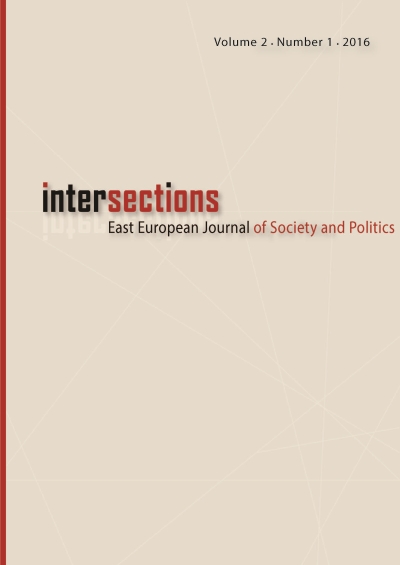Mandate Slippage, Good and Bad
Mandate Slippage, Good and Bad
Making (Normative) Sense of Pledge Fulfillment
Author(s): Miklós SebőkSubject(s): Social Sciences
Published by: MTA Társadalomtudományi Kutatóközpont Kisebbsegkutató Intézet
Keywords: mandate; electoral pledges; pledge fulfillment; normative theory; representative government
Summary/Abstract: Despite the substantive findings of existing research, the electoral mandate is still an elusive category in representation theory and empirical political science. The article offers a conceptual framework that promises to properly evaluate mandate fulfillment in general, and pledge fulfillment in particular from the standpoint of the normative theory of representation. In this framework the non-fulfillment of pledges is not necessarily bad for representation since mandate slippage, or the gradual process of abandoning the mandate in the post-election phase, may come in both bad and good forms. The proposed framework also develops an empirical research agenda for measuring the causes of bad mandates and mandate slippage by relying and expanding on the toolkit of empirical pledge research. Outcome oriented pledges serve as a prime example of bad mandates, whereas agency shirking is a major cause of bad mandate slippage.
Journal: Intersections. East European Journal of Society and Politics
- Issue Year: 2/2016
- Issue No: 1
- Page Range: 123-152
- Page Count: 30
- Language: English

